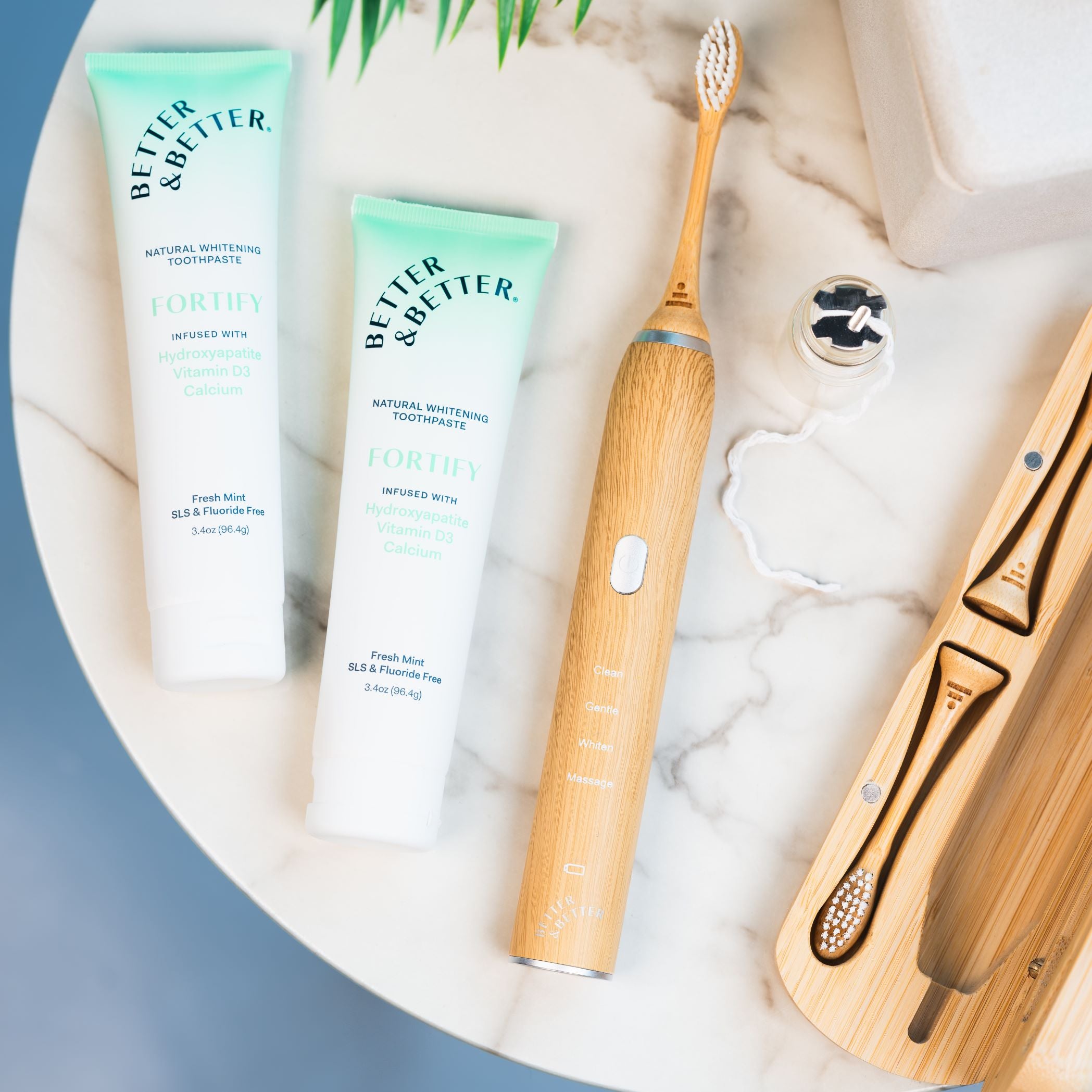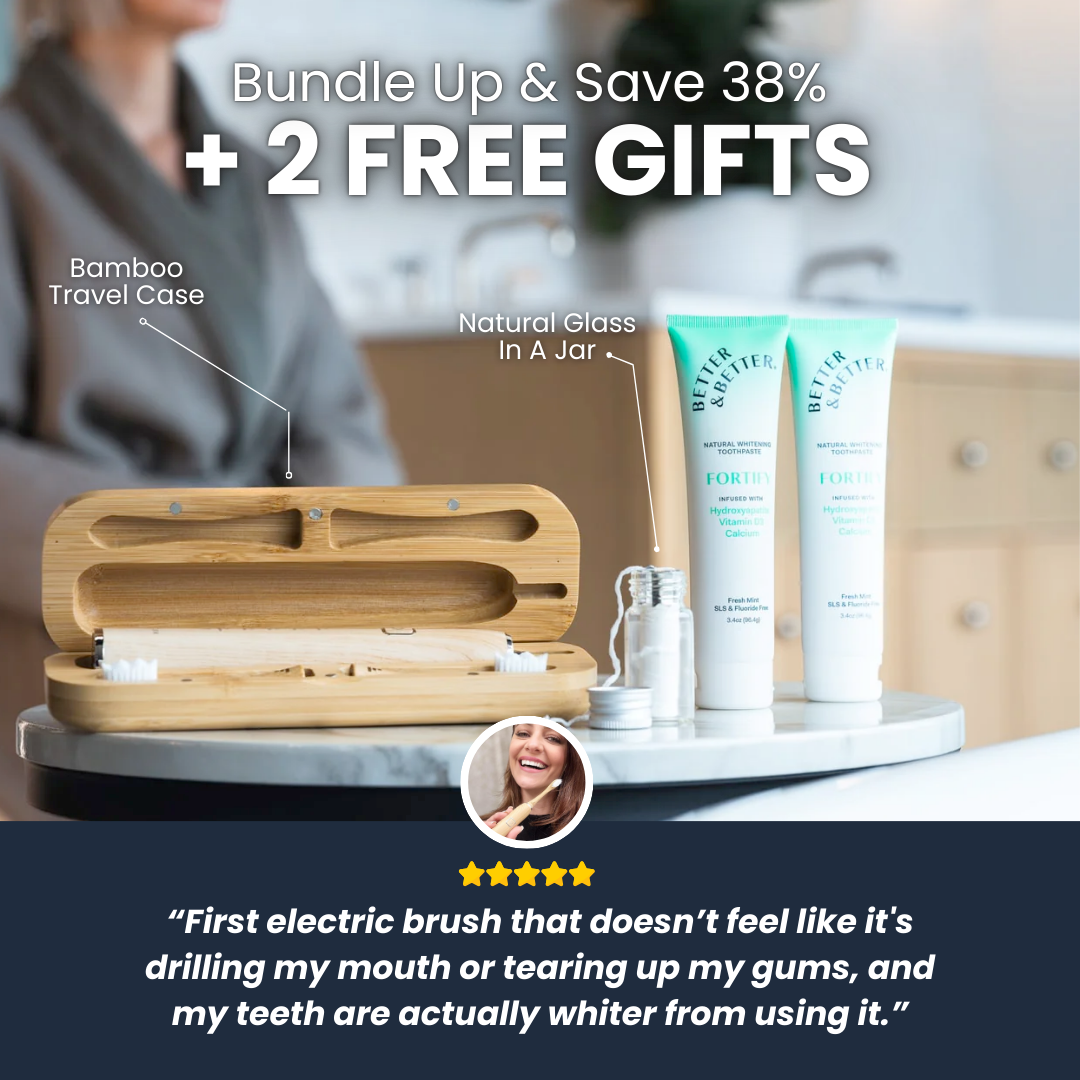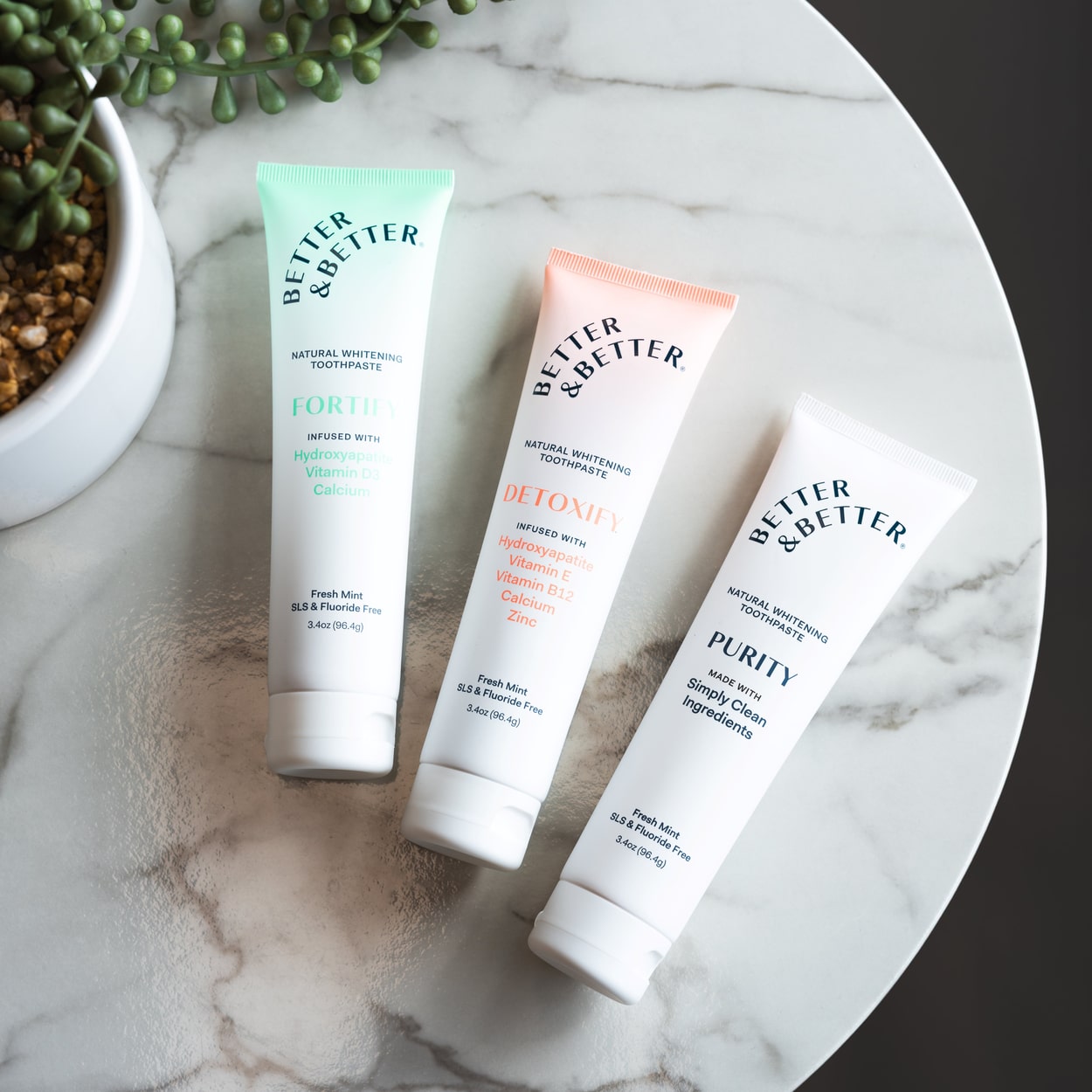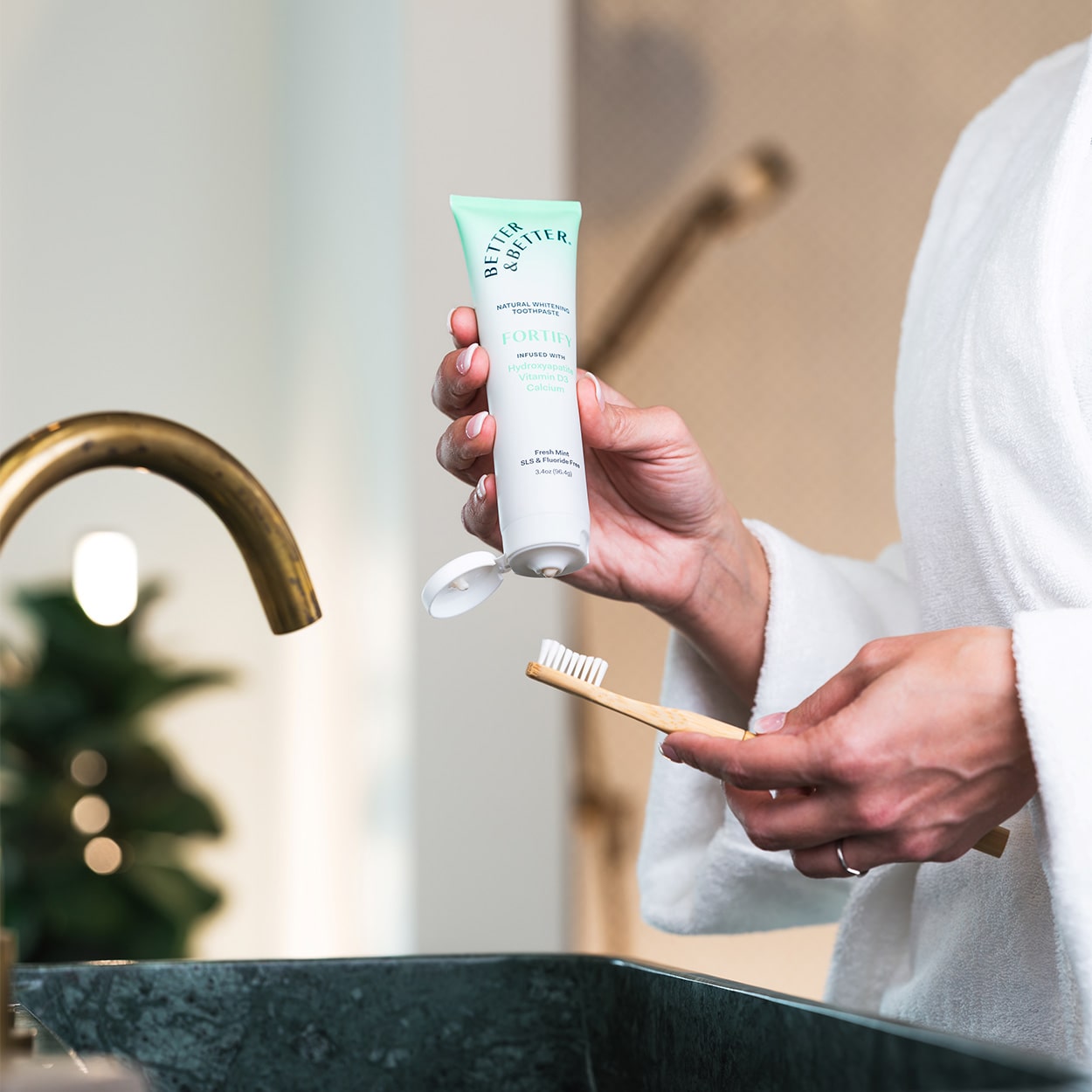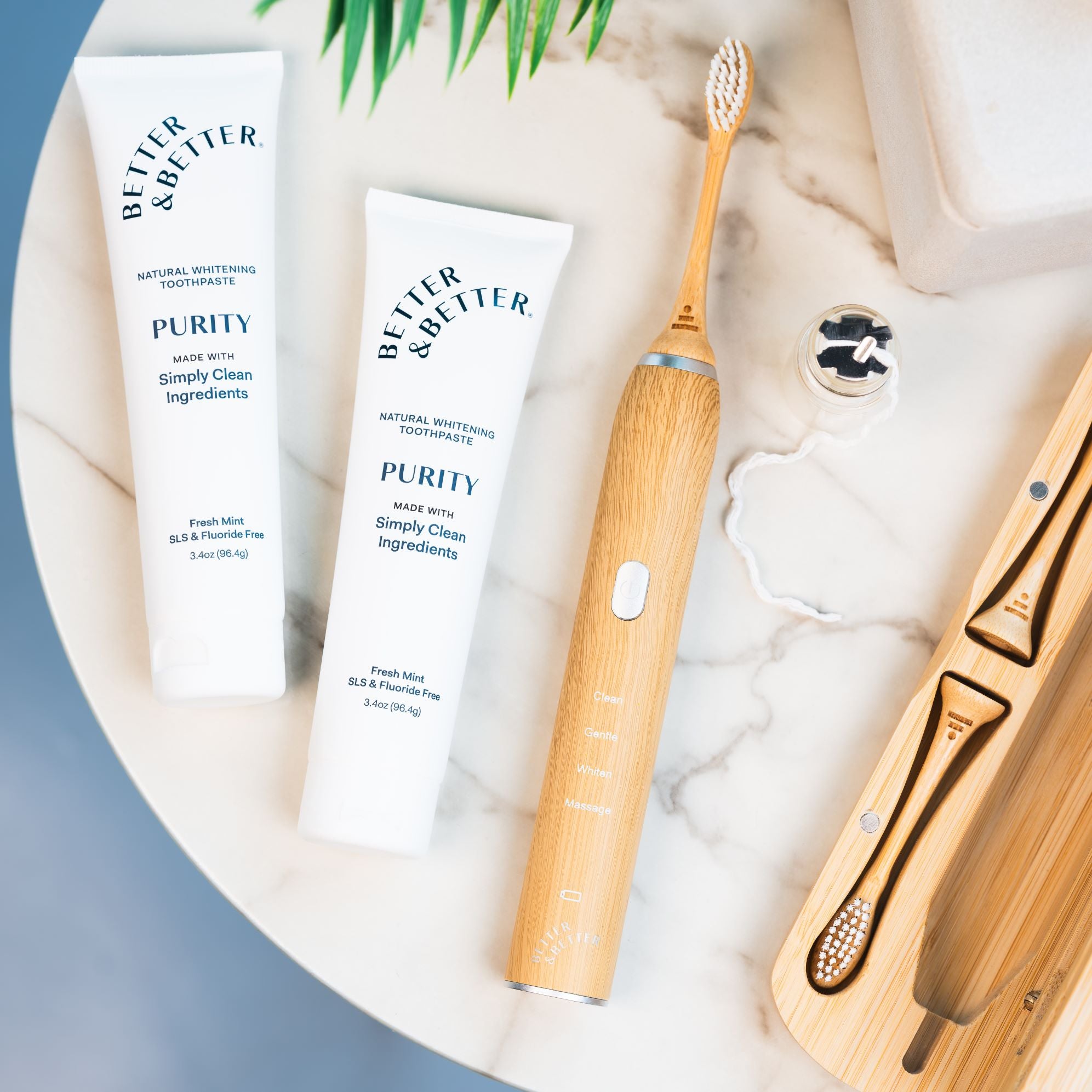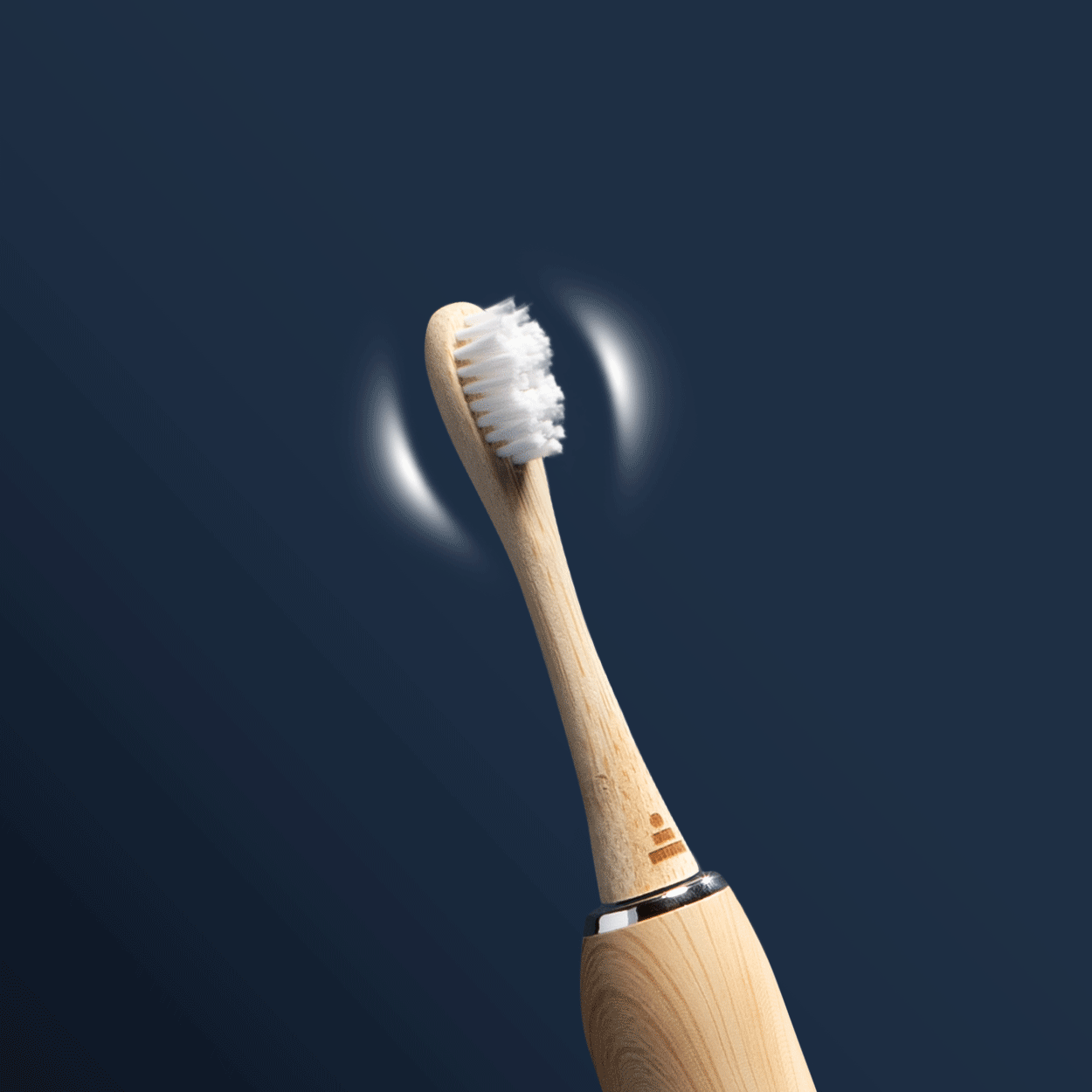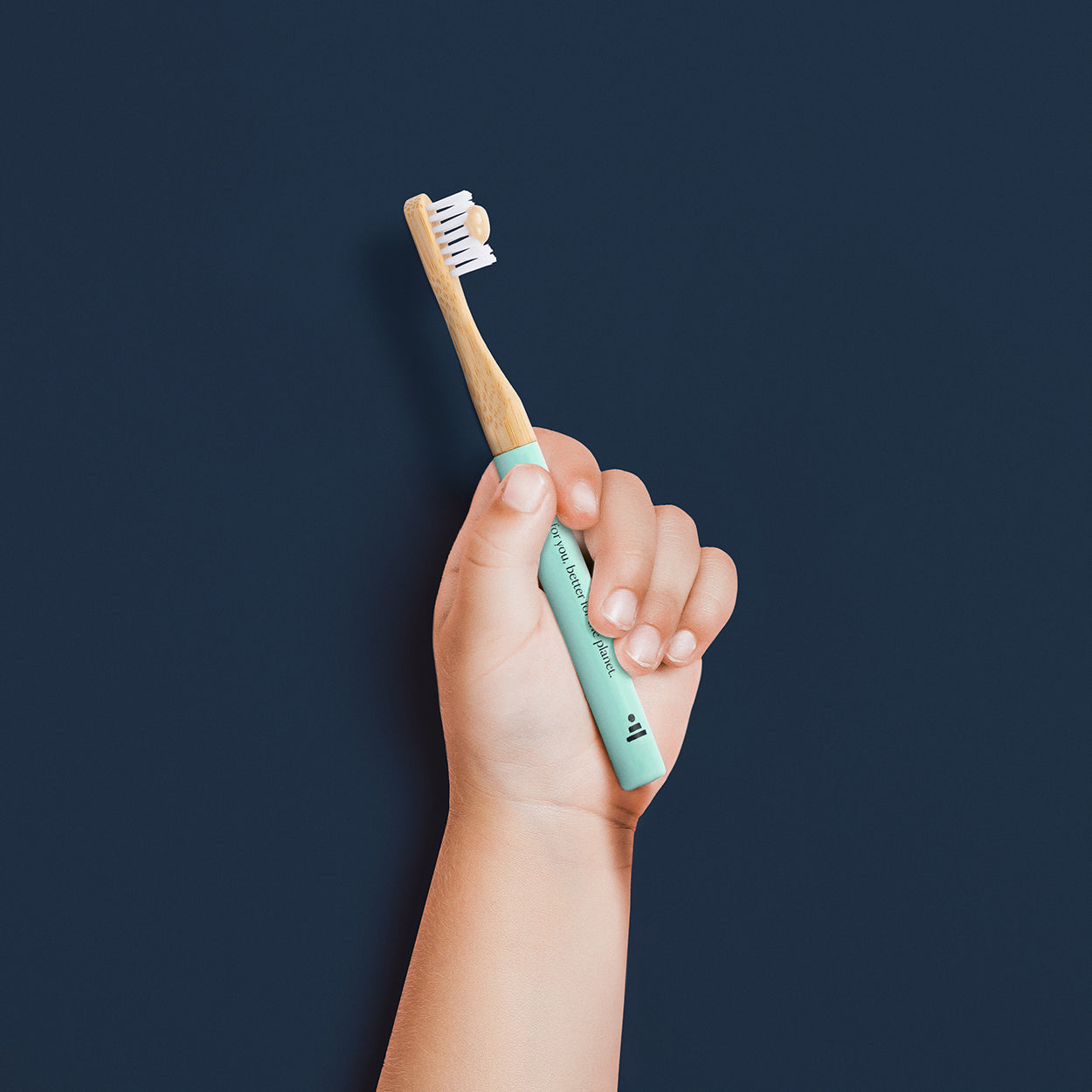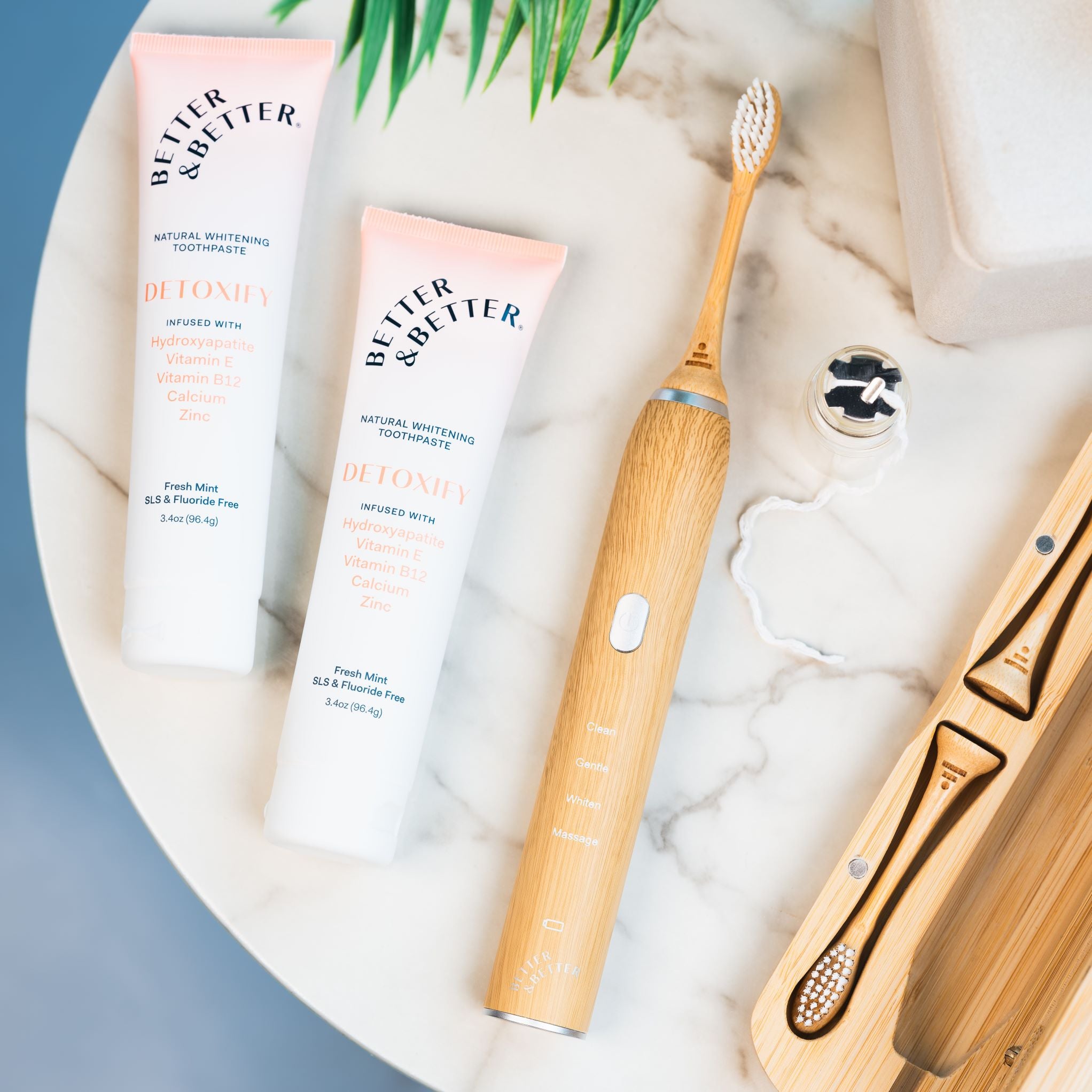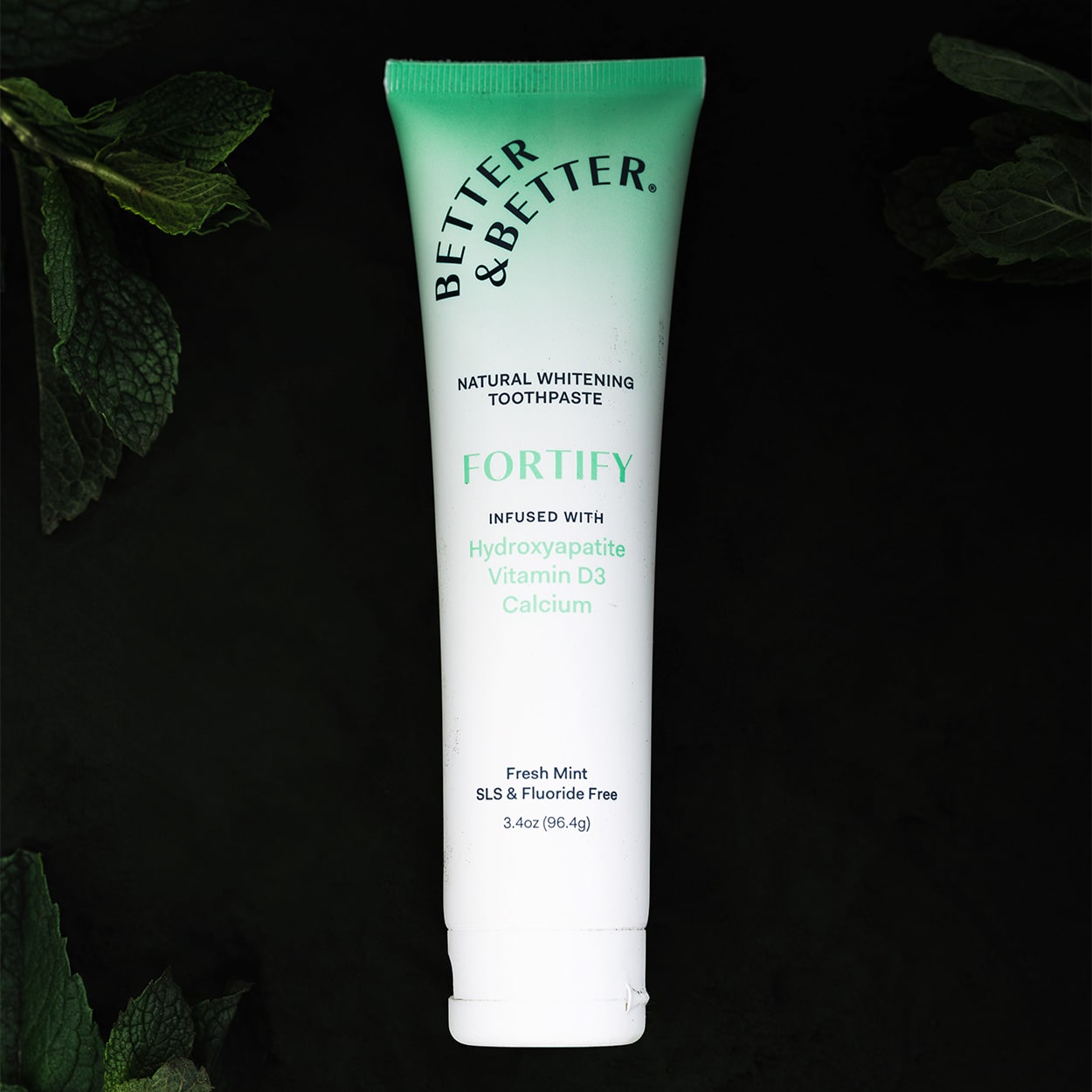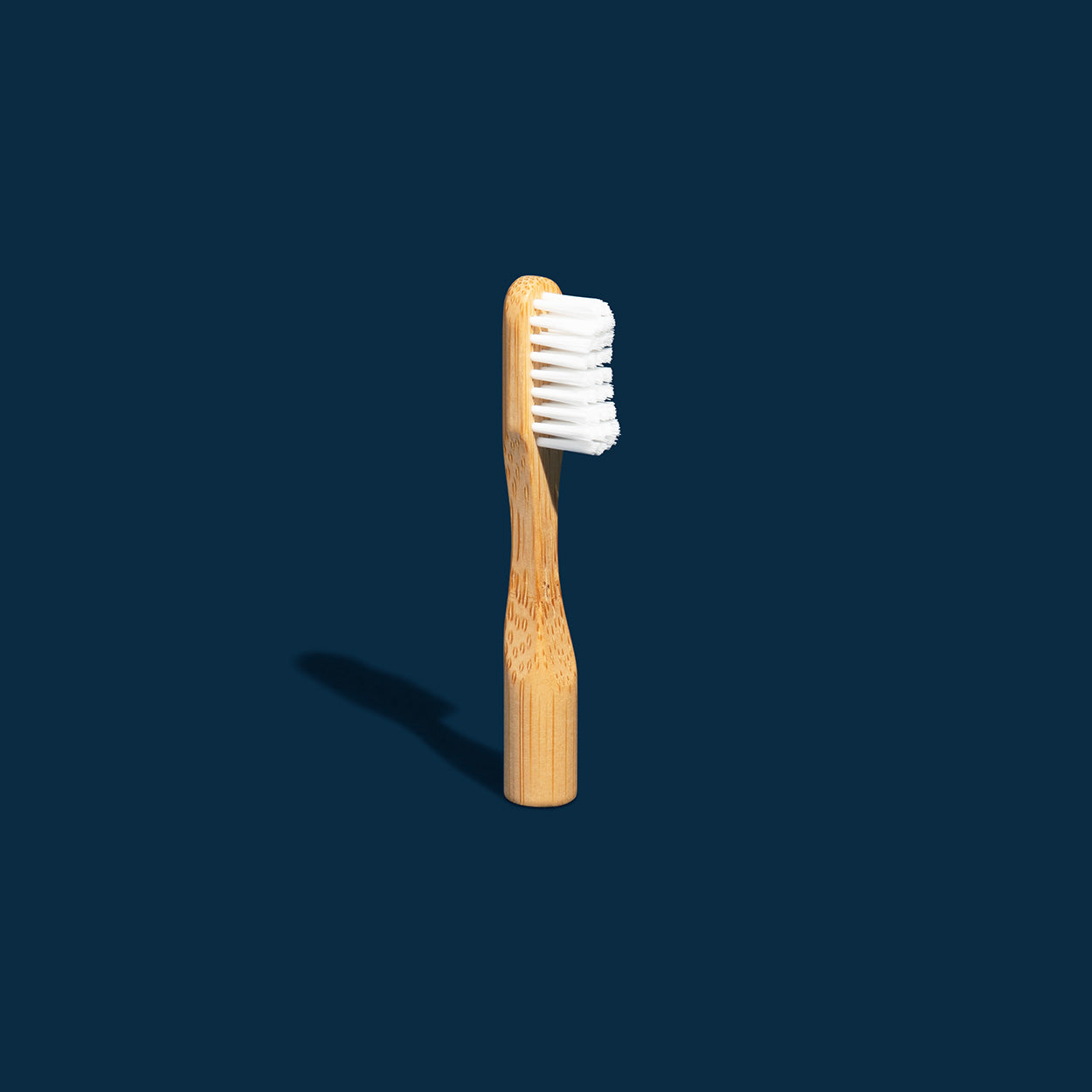When you feel the first symptoms of a cold or flu, your instincts might tell you to load up on vitamin C. One of the most popular ways to do that is by taking Emergen-C, a top-selling supplement packed with vitamin C and other nutrients to boost your immune system and recover faster.
But can that fizzy orange liquid really make you feel better, or is it just a placebo effect?
It’s true that vitamins—especially vitamin C—keep sickness at bay. However, the key to building a strong immune system by maintaining healthy habits over time—not megadosing one particular vitamin when you start sniffling or running a fever.
In this article, we’ll take a closer look at claims about Emergen-C, explore sustainable alternatives, and see how much vitamin C is too much.
Does Emergen-C Work to Treat and Prevent Sickness?
There’s no strong evidence that taking Emergen-C effectively treats or prevents sickness, especially when you start taking it at the onset of symptoms. That might be a shocker, considering it’s packed with 1,000 milligrams of vitamin C per serving, plus other immune-boosting nutrients like zinc and vitamin D.
What gives?
The main problem with Emergen-C is that by the time you take it, it’s too late. You can alleviate your symptoms with pain relievers, cough suppressants, and nasal decongestants. Unfortunately, however, there isn’t a cure for the common cold or influenza.
“Emergen-C is a vitamin C supplement, and there’s no evidence that it benefits people with the cold or influenza or [that it] affects your propensity to get the cold or the flu,” said Dr. Amesh Adalja, an infectious disease physician, in an interview with Women’s Health. This also applies to respiratory viruses, including COVID-19.
Vitamins, on the other hand, can reduce your chances of getting sick in the first place. But they can take weeks or even months to build up in your body and strengthen your immune system, especially if you have a vitamin deficiency.
So, if Emergen-C can’t kick your cold, what are your options?
5 Natural Emergen-C Alternatives
Immunity supplements like Emergen-C, Airborne, and Nuun have plenty of nutrients you need, but they aren’t really sustainable for everyday use. Not to mention they can be loaded with sugar, artificial colors, flavors, and additives.
Let’s cover five things you can do to proactively boost your immune system instead of taking Emergen-C.
1. Take a Daily Dose of Vitamins
Vitamins don’t work on-demand. It can take anywhere from a few days to a few months to fully absorb them into your system. Accordingly, it’s best to take them daily to get the maximum benefit.
There are three nutrients that are particularly important for immune health:
- Vitamin C: Also called ascorbic acid, this micronutrient fights free radicals to keep cells healthy. Vitamin C deficiency is strongly linked to a higher risk of infections. Luckily, consistent vitamin C supplementation can prevent sickness and shorten recovery time for healthy adults, according to research from 2013.
- Vitamin E: This powerful antioxidant activates your body’s cells that fight and prevent infections. This 2018 review concluded that routine vitamin E supplementation can heighten antibody responses and protect against diseases.
- Zinc: Your body needs this mineral to help immune cells do their job. People with zinc deficiencies tend to have severe immune dysfunctions, according to the journal Molecular Medicine.
Consistency is key when it comes to vitamin intake. That’s why we’re on a mission to incorporate vitamins into existing daily habits, like brushing your teeth. Our Immunity Toothpaste is infused with a microdose of vitamins so you can boost your immunity while you brush.
Here’s a breakdown of the dosage, assuming you brush twice daily:
- 50 mg of vitamin C
- 9.6 mg of vitamin E
- 7.2 mg of Zinc
2. Get Plenty of Exercise
Routine physical activity stimulates the activity of immune cells in your body. Specifically, 30-45 minutes of moderate aerobic exercise (like walking, running, or cycling) daily has been shown to make people more resistant to infections and better equipped to fight them off.
3. Find Your Stress Relief
Chronic stress limits your body’s ability to fight off infections. That’s because stress hormones lower your number of lymphocytes—the natural killer cells that fight viruses.
“Eliminating or modifying these factors in one’s life is vital to protect and augment the immune response,” clinical immunologist Leonard Calabrese told Cleveland Clinic.
Everyone has different strategies to chill out, but some of the best ones are meditation, yoga, getting active, and talking it out with friends or loved ones.
4. Maintain a Healthy Diet
There isn’t a “miracle food” that will stop you from getting sick. But as Harvard Health points out, eating a balanced diet with fruits, vegetables, lean proteins, whole grains, and plenty of water can prepare your body to fight infections, should they come.
It’s also important to consider foods to avoid, like ultra-processed foods and refined sugar, which can trigger chronic inflammation and suppress your immune system.
5. Get Eight Hours of Sleep Every Night
When you sleep, your body produces cytokines, a type of protein that targets infections. Accordingly, more rest correlates with less sickness.
This 2009 study, found that adults who slept less than seven hours per night over the course of two weeks were nearly three times more likely to catch a cold compared to those who got eight or more hours of sleep.
How Much Vitamin C Is Too Much?
The upper limit for vitamin C is 2,000 mg per day for adults, according to Mayo Clinic. Taking more than that won’t make you “super-immune.” In fact, it can cause nausea, diarrhea, vomiting, and stomach pain.
Here are the recommended daily values for vitamin C:
- Women: 75 mg
- Men: 90 mg
- Pregnant women: 120 mg
Emergen-C has 1,000 mg of vitamin C per serving, which is more than ten times the recommended daily intake. Considering this won’t give you extra immune support (and the risk of side effects), there’s not much to gain from taking Emergen-C.
Can You Take Emergen-C While Pregnant?
Maintaining a strong immune system is especially important during pregnancy. But is it safe to take Emergen-C when you’re pregnant?
In general, taking Emergen-C likely doesn’t pose any threats to you or your baby. That said, you should always talk to your doctor before taking any supplements.
The main concern with taking Emergen-C during pregnancy is exceeding the upper limit of vitamin C. Most prenatal vitamins contain more than enough vitamin C, so adding an extra 1,000 mg could make you nauseous and cause digestive issues.
Tiny Habits Beat Megadoses
The idea of “megadosing” vitamin C has surged in popularity over the past few years, largely because people are taking their immune health more seriously. That fizzy, fruity powder might boost your confidence, but science says it probably won’t boost your immune system.
Strong immune systems are the product of small habits that compound over time. That’s where vitamin-fortified toothpaste comes in: taking vitamins when you brush lets you build healthy habits without building new routines.
We’re here to keep you healthy for the long haul—not just when you’re under the weather.



